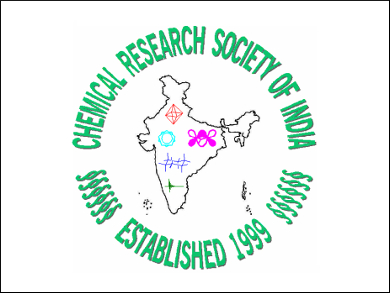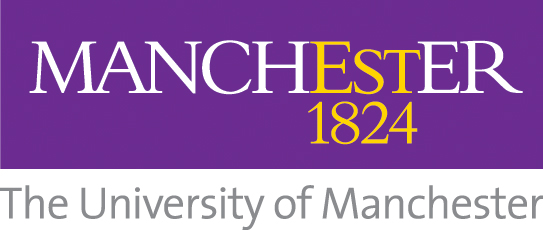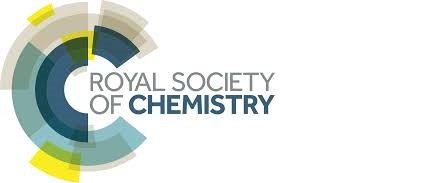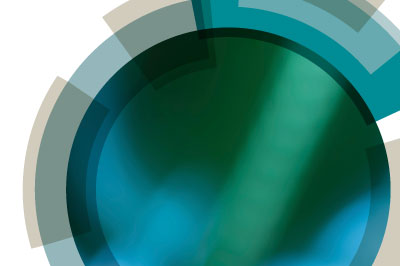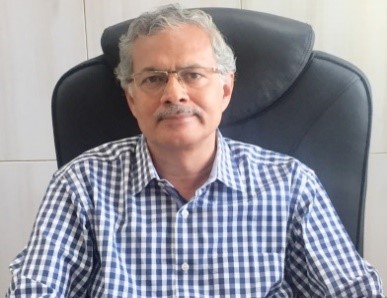 V Chandrasekhar , Tata Institute of Fundamental Research Hyderabad, India
V Chandrasekhar , Tata Institute of Fundamental Research Hyderabad, India
Chandrasekhar obtained his Ph.D. degree from the Indian Institute of Science, Bangalore, in 1982. After a post-doctoral stint at the University of Massachusetts, Amherst, he joined the Indian Institute of Technology Kanpur in 1987 where he holds the position of a Professor. He is currently on lien from Kanpur to the Tata Institute of Fundamental Research Hyderabad as a Distinguished Professor and Centre Director. His research interests include organometallic chemistry of main-group compounds and molecular materials. His research work is documented in 340+ publications.
He is fellow of the Indian National Science Academy, New Delhi, India and also the World Academy of Sciences, Trieste, Italy. He is the recipient of several awards including the Shanthi Swarup Bhatnagar Award (Council of Scientific and Industrial Research, India) and the Friedrich Wilhelm-Bessel Award (AvH Foundation, Germany) He has been on the editorial board of several journals including, Organometallics. Currently he is on the editorial board of Dalton Transactions.
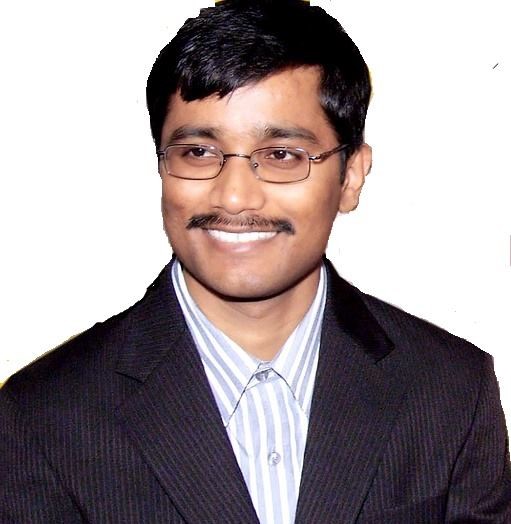 Joyanta Chowdhury , Indian Institute of Science Education & Research Bhopal, India
Joyanta Chowdhury , Indian Institute of Science Education & Research Bhopal, India
Joyanta Choudhury obtained Ph.D. in 2006 from IIT Kharagpur, India working under Professor Sujit Roy on the development of well-defined Ir-Sn heterobimetallic complexes for aromatic C–H functionalization. He then moved to The Scripps Research Institute, Florida, USA for postdoctoral work with Professor Roy A. Periana in the field of alkane functionalization chemistry. In 2008, he received Marie Curie International Incoming Fellowship from the European Union and went to the Weizmann Institute of Science, Israel to work with Professor Milko E. van der Boom on coordination-driven molecular assemblies on solid surfaces.
Currently, he is an Associate Professor at the Department of Chemistry, IISER Bhopal, India. His research focusses on (a) developing new reactivity with metal-NHC complexes and (b) small molecule activation-functionalization including CO2, H2, alkanes, arenes, and H2O to address renewable energy related problems. His research work on ‘Switchable Catalysis’ has been highlighted in the popular RSC magazine, ChemistryWorld. He has been featured as ‘Movers & Shakers’ by the industry-leading magazine ‘The Catalyst Review’, published by The Catalyst Group (TCG), PA, USA. Recently, he has been selected for the Bronze Medal of the Chemical Research Society of India (CRSI) for the year 2019.
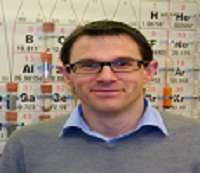 Mike Ingleson , University of Manchester, United Kingdom
Mike Ingleson , University of Manchester, United Kingdom
Mike Ingleson completed his MChem and PhD. at the University of Bath, the latter with Prof. Andy Weller. PDRA stints followed with Prof. Ken Caulton and Prof. Matt Rosseinsky. He started his independent career in 2008 with a Royal Society University Research Fellowship held at the University of Manchester. He was promoted to Reader in 2012 and a personal chair in Chemistry in 2018. Major grants include an ERC starter Grant, an ERC Consolidator Grant and he was awarded the RSC Harrison Meldola Prize in 2012.
MJI’s overarching research focus is using earth abundant, non-precious metal compounds to develop new and useful conversions, catalytic reactions and materials. The group principally achieves this by using main group electrophiles (B, Zn, P, C, Si etc.), with a major focus in the group being on all aspects of homogenous boron chemistry. Research often spans the border of inorganic, organic and materials chemistry, with studies proceeding from the design, synthesis, full characterisation and assessment of the key properties of new main group compounds through to the application of these new species.
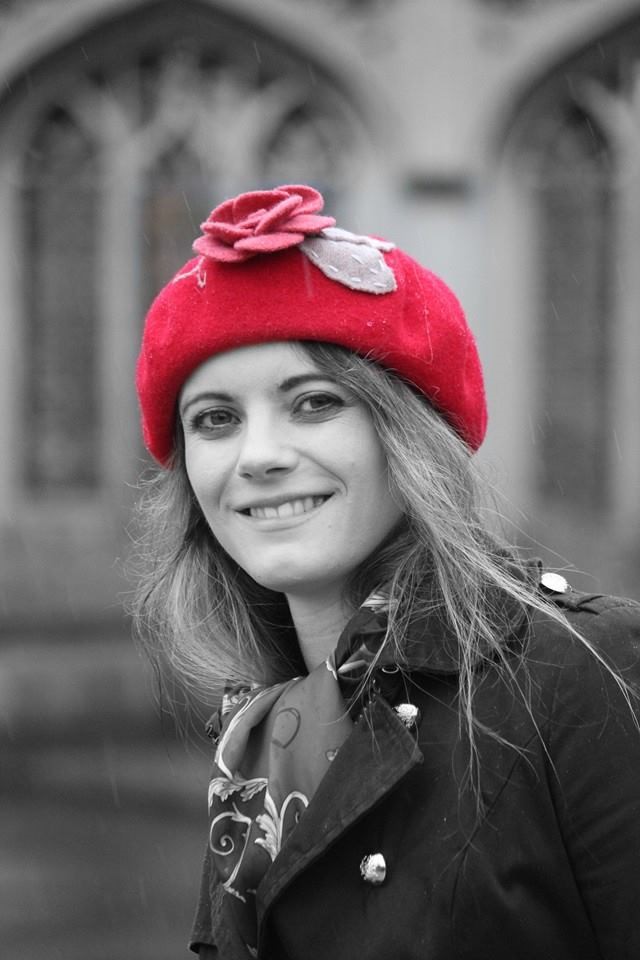 Rebecca Melen, Cardiff University, United Kingdom
Rebecca Melen, Cardiff University, United Kingdom
I studied Natural Sciences at Cambridge and then I continued at Cambridge, completing my PhD in 2012 in Main Group Chemistry under the guidance of Dr Dominic Wright. I then moved to Canada to work with Prof. Doug Stephan at the University of Toronto and, in 2013, I was awarded an Alexander von Humboldt Fellowship to study in Heidelberg with Prof. Dr Lutz Gade.
In 2014, I moved to Cardiff where I am currently an EPSRC Early Career Research Fellow and Senior Lecturer in Inorganic Chemistry with interests in diverse aspects of main group reactivity including main group catalysis. When not at work I enjoy being outdoors and spending time with my horse.
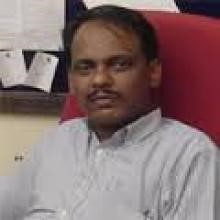 R Murugavel , Indian Institute of Technology Bombay, India
R Murugavel , Indian Institute of Technology Bombay, India
R. Murugavel is currently Biswas Palepu Distinguished Chair Professor at the Department of Chemistry in IIT Bombay and Honorary Professor at the JNCASR, Bangalore. He is a fellow of the Indian Academy of Sciences, the Indian National Science Academy, and the Royal Society of Chemistry.
He has been conferred with J. C. Bose National Fellowship, Swarnajayanti Fellowship, Alexander von Humboldt Fellowship, DAE-SRC Outstanding Investigator Award, C. N. R. Rao National Prize in Chemical Sciences, S. C. Bhattacharya Award for Excellence in Research in Basic Sciences, DAE Young Scientist Award, CRSI Bronze Medal, MRSI Medal, and J. C. Ghosh Medal. Current research in Murugavel’s lab include: metal phosphate frameworks structures, covalent organic frameworks, phosphate based molecular magnets, and single-source-precursor chemistry for metal phosphates and phosphides.
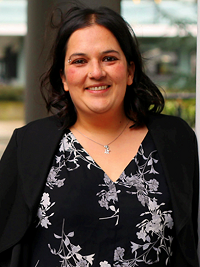 Louise Natrajan, University of Manchester, United Kingdom
Louise Natrajan, University of Manchester, United Kingdom
Louise Natrajan is a Reader in Chemistry at the University of Manchester. She studied at the University of York (UK) and received her PhD from The University of Nottingham (UK) with Professor Polly Arnold. She then moved to the CEA, Grenoble, France as a PDRA with Dr Marinella Mazzanti and then moved back to the UK as a PDRA with Professor Stephen Faulkner at the University of Manchester. In 2008, she was awarded an EPSRC Career Acceleration Fellowship and in 2012 a Leverhulme Trust Research Leadership award. Her current research focuses on the coordination chemistry and optical properties of f-elements.
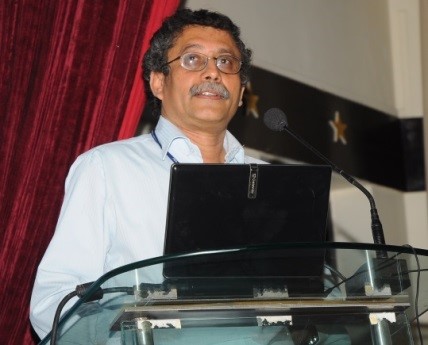 Sourav Pal, Indian Institute of Science Education and Research Kolkata, India
Sourav Pal, Indian Institute of Science Education and Research Kolkata, India
Professor Sourav Pal is currently Director of Indian Institute of Science Education and Research Kolkata. He is immediate past president of Chemical Research Society of India. Professor Pal is a distinguished theoretical chemist and has contributed to diverse areas of theoretical chemistry including the challenging aspects of methodological and conceptual developments. He has contributed significantly to the many-body theory of molecular electronic structure and properties using coupled-cluster methods and is well recognised in India and abroad.
Professor Pal is on the editorial boards of several international and national journals in chemistry and has guided over 20 Ph.D. thesis. He has published about 180 papers in International peer reviewed journals. He has authored a book titled “Mathematics in Chemistry” and contributed to chapters in several books.
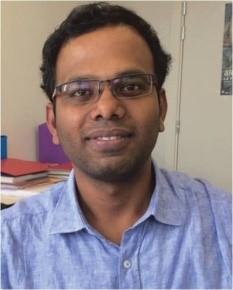 G Rajaraman , Indian Institute of Technology Bombay, India
G Rajaraman , Indian Institute of Technology Bombay, India
Gopalan Rajaraman (born in Thanjavur, India) received his PhD at the University of Manchester, UK under the supervision of Profs. R. E. P. Winpenny and E. J. L. McInnes in 2004. He then undertook postdoctoral stays at the University of Heidelberg, Germany (2005– 2007) in the group of Prof. P. Comba and the University of Florence, Italy in the group of Prof. D. Gatteschi (2007–2009).
In December 2009, he joined IIT Bombay, India as an assistant professor and became an associate professor in 2014.His research focuses on employing electronic structure methods to understand the structure, properties and reactivity of molecules possessing unpaired electrons (open-shell systems). In addition to modelling molecular magnets, his group also actively pursue research in the area of modelling bio-mimic reactions catalysed by high-valent metal-oxo/imido complexes. He has authored more than 165 articles and has an h-index of 37.
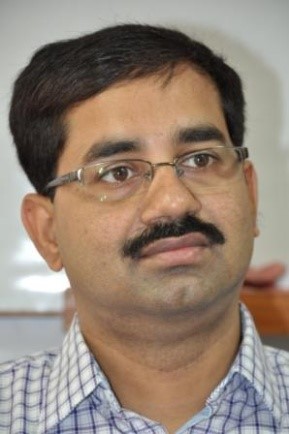 Sankar P Rath , Indian Institute of Technology Kanpur, India
Sankar P Rath , Indian Institute of Technology Kanpur, India
Professor S. P. Rath received his PhD in Chemistry from Indian Association for the Cultivation of Science (IACS), Kolkata and carried out post-doctoral research at the University of California, Davis. He then joined the Department of Chemistry at the Indian Institute of Technology Kanpur (IIT Kanpur) in 2004. He has received a large number of awards and honours including P. K. Kelkar Research Fellowship for young faculty (2009-12), Alexander von Humboldt Fellowship for Experienced Researcher (2012), Chemical Research Society of India (CRSI) Bronze medal (2015) and C. N. R. Rao National Prize in Chemical Sciences (2018).
He is presently J. N. Gupta & M. Gupta Chair Professor of Chemistry at IIT Kanpur and also elected fellows of West Bengal Academy of Science & Technology (2017) and National Academy of Sciences, India (2017). He has taught a variety of UG and PG courses at IIT Kanpur and also has received commendations multiple times from the Director, IIT Kanpur for excellence in teaching as “Outstanding Instructor”. His research is in the fields of Physical–Inorganic and Bioinorganic Chemistry with special emphasis on the structure-function correlation utilizing a wide variety of synthetic and spectroscopic methods combined with DFT calculations.
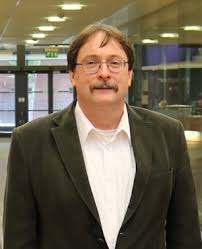 Richard Winpenny, University of Manchester, United Kingdom
Richard Winpenny, University of Manchester, United Kingdom
Richard Winpenny obtained both his degrees from Imperial College, London. His PhD research was carried out with Prof David Goodgame and looked at metal-organic frameworks before they were called metal-organic frameworks. His post-doctoral work was carried out with Prof John Fackler, Jr at Texas A&M University, in 1988 and 1989, and involved the mass spectrometry of gold clusters.
He joined the academic staff at Edinburgh in 1990, and moved to Manchester in 2000 as the Chair of Inorganic Chemistry.
Associate Dean for Research within the Faculty of Engineering and Physical Sciences from Sept 2008 to April 2010.
Director of the Photon Science Institute from October 2009 to April 2014.
Head of School of Chemistry from August 2014 to April 2018.
Awarded a Royal Society Wolfson Merit Award in 2009 and the RSC Tilden Medal in 2011. Elected a Fellow of the Learned Society of Wales in 2016. Winner of three RSC Prizes - the Tilden Prize (2011), Ludwig Mond Medal (2016) and the RSC Prize for Emerging Technologies in the area of materials (2016).
Awarded an EPSRC Established Career Fellowship from January 2018 - December 2022 and an ERC Advanced Fellowship September 2018 - August 2022.
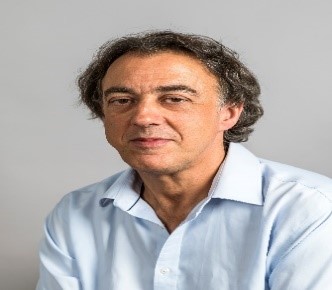 Dominic Wright , University of Cambridge, United Kingdom
Dominic Wright , University of Cambridge, United Kingdom
Dominic Wright did his undergraduate degree at the University of Strathclyde (1982-1986) before moving to Cambridge to do a Ph.D. in inorganic chemistry with Ron Snaith (1986-1989). He was then awarded a junior research fellowship at Gonville and Cauis College Cambridge (1989-1991), after which he was appointed as lecturer in inorganic chemistry.
He was promoted to Reader in 2007 and then to a personal chair in 2012. His research interests concern diverse areas of synthetic inorganic chemistry, ranging from inorganic macrocycles and main group metal catalysis to precursors to materials. He has published around 320 papers in his career so far and was the recipient of the RSC Meldola Medal and Main Group Chemistry Award.















